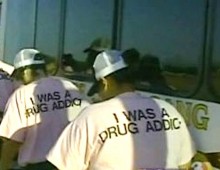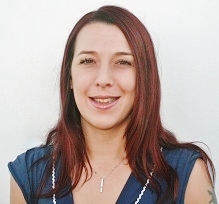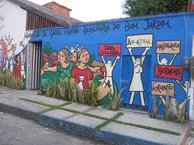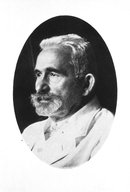 Transforming Youth Recovery, one of the founding partners of the ManyFaces1Voice campaign, helps students in recovery thrive with community, educational and peer recovery network supports. By the end of 2015, Transforming Youth Recovery will have issued over 100 grants to institutions of higher education across the country to start or expand recovery support programs on their campuses.
Transforming Youth Recovery, one of the founding partners of the ManyFaces1Voice campaign, helps students in recovery thrive with community, educational and peer recovery network supports. By the end of 2015, Transforming Youth Recovery will have issued over 100 grants to institutions of higher education across the country to start or expand recovery support programs on their campuses.
Cameron Taylor, whose story is below, attended a recovery high school in Houston and is currently enrolled in a university in Texas that has a recovery program for students.
‘I started using when I was in the seventh grade, you know smoking cigarettes and pot and drinking with my older brother. We didn’t really have anything in common and this was a way for me to get to hang out with him.
We started using together more frequently and we got into other drugs too. My parents knew that my brother was using, but they didn’t realize I was. They were really worried about my brother, as he was getting worse, so we went to live with my father in Houston.

















